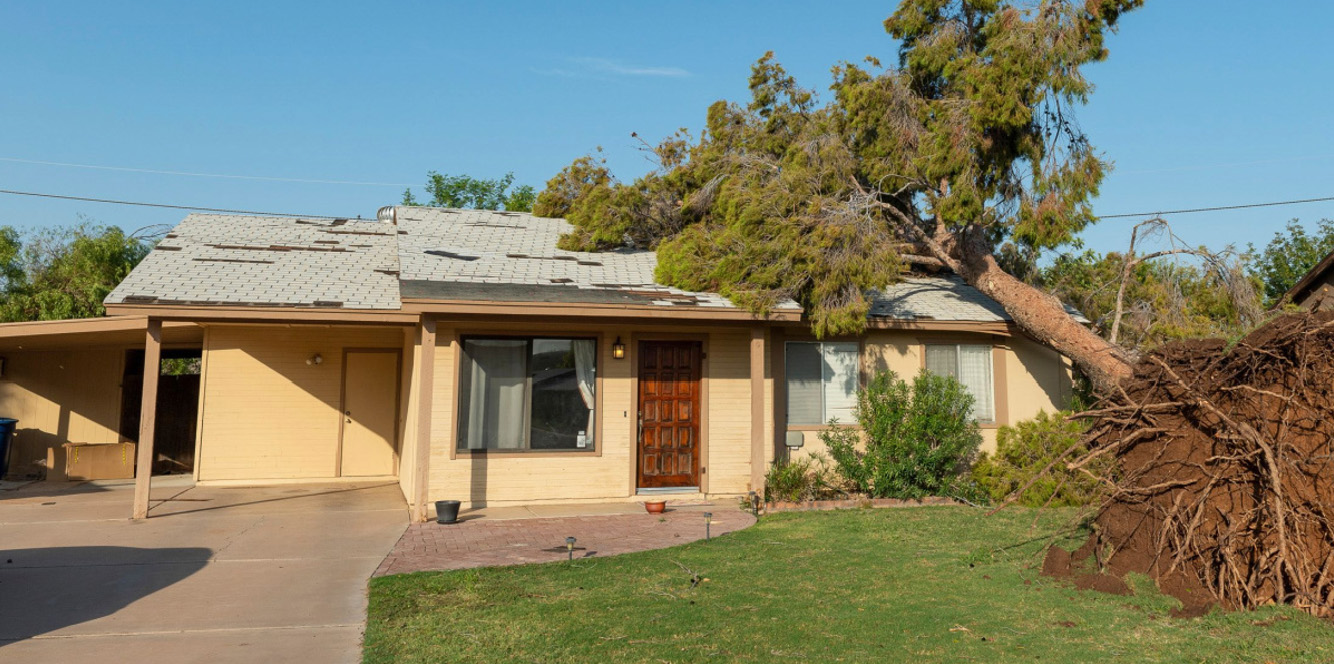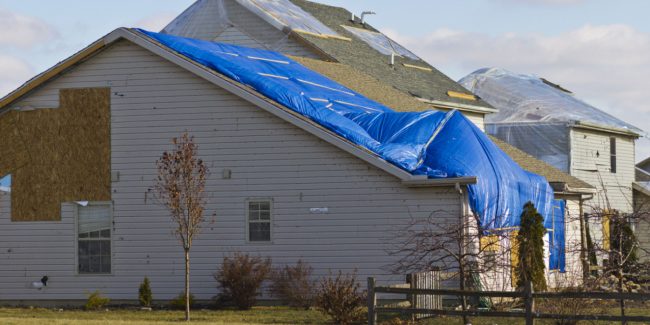
Additional Living Expenses Coverage in Texas: What You Should Know
No one wants or expects to be displaced from their own house. But if there’s a fire or storm, the habitation may become unlivable, and the only option is to pack whatever you have left and leave. Finding temporary lodgings will put an additional strain on your finances because who will pay for that? Here’s everything you need to know about insurance coverage for additional living expenses in Texas.
What is Additional Living Expenses (ALE) Coverage?
Most standard homeowners insurance policies in Texas include additional living expenses (ALE) coverage. However, you should always read the policy carefully to understand what it contains. When in doubt, check with your insurer to ensure you don’t run up any bills the company won’t pay.
On the other hand, if you believe that the company unjustifiably denied part of your ALE, don’t let it slide. You’re already under a lot of stress being forced out of your house, so you don’t have to put up with their attempts to cut costs at your expense. Also, remember that if your home needs to be rebuilt, you may be looking at years of living in temporary accommodations, and your family deserves to live comfortably.
Look up a trusted Houston homeowners insurance claims lawyer to understand your rights.
Are There Limits to My Additional Living Expenses Coverage?
That depends on the exact wording of your policy. If you cannot make any sense of what’s in there, ask an insurance claims lawyer. They understand legalese. Most standard homeowners insurance policies in Texas have time and monetary caps on additional living expenses. For instance, if a storm destroyed your house and the contractors tell you it will be two years before you can move back in, the insurance company will give you ALE for 24 months. If there’s also a monetary cap, the total value of your ALE cannot exceed that.

What Is Included in ALE Homeowners Insurance?
First of all, the additional living expenses will cover the rent for temporary lodgings. You need to remember that any expenses you make should keep with the lifestyle you had before. For instance, if you lived in a 2-bedroom house, you cannot expect the insurance company to pay the rent for a 4-bedroom home with a pool. Depending on where the new house is located, the ALE should cover the extra mileage to your place of work or your kids’ school.
Speaking of mileage, some policies allow you to be compensated for the trips to rebuild-related stores when you look for construction materials, flooring, fixtures, furniture, etc.; you may also charge them meal-related expenses. Moving the salvaged furniture to a storage unit should also be included in the ALE.
These are just some of the basics included in the ALE, but when you move to another place, you may have a lot of other expenses. Even if they’re small, they still add up, and you don’t want to pay out of pocket for anything that your policy may cover. Talk to the insurance adjuster and see if they’ll cover things like sewer fees or IT fees to set up a computer system at the new home. If you work remotely, this is vital for you, so they can hardly refuse to cover such expenses.
What Happens If My House Is Not Rebuilt/Repaired On Time?
If you’ve used up your additional living expenses coverage and the house is not ready, you’ll have to determine whose fault it is. If the insurance company is to blame, you have the right to ask for more money. They might refuse to claim you’ve reached the monetary/time cap, but it’s not your fault! Have your Texas insurance claims lawyers give them a call. Whenever an insurance company unlawfully denies a claim, you can sue them for acting in bad faith.

Get Legal Help with ALE Homeowners Insurance Today
Is your insurance company giving you trouble with additional living expenses coverage? the MMA Law Firm team for a free, no-obligation consultation with our experienced attorneys. For more information about McClenny Moseley, and Associates and our legal services, contact us online or call us at 844.662.7552 to get started.
This blog published by MMA Law Firm is available for informational purposes only and is not intended to be legal advice on any subject matter. The content available on this website may not constitute the most up-to-date legal or other information.